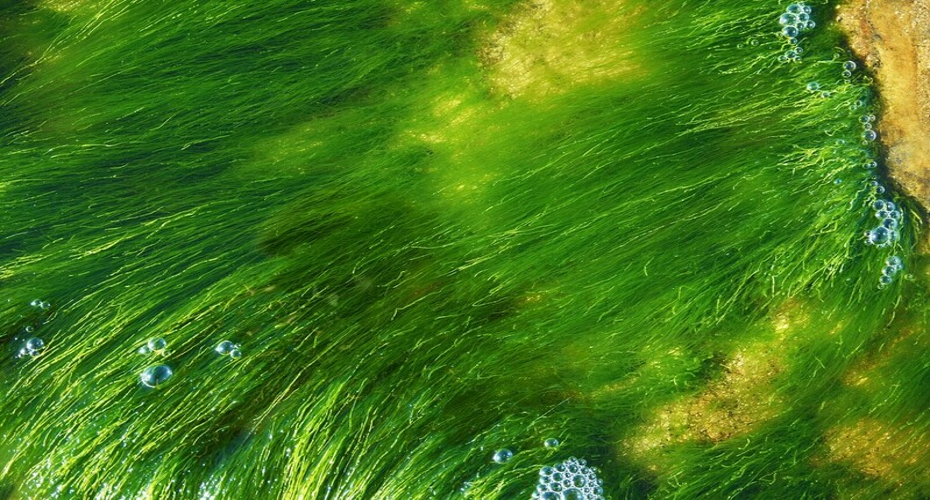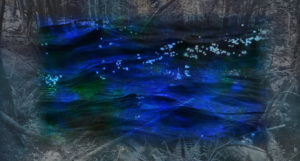British Science Festival workshop set to invite the public to ‘see the beauty in seaweed’

The inspirational nature of seaweed is to be the focus of a unique creative workshop that will be taking place as part of this year’s British Science Festival.
Sea-ing the beauty in Seaweed will offer participants the opportunity to reflect upon the nature of the macroalgae before responding to it through whatever artform they like.
Conceived by author and academic Dr Rob Magnuson Smith, of the University of Exeter, Cornwall, the workshop draws upon his deep fascination with seaweed and his expertise on the relationship between writing and nature.
“People have instinctual, almost physical responses to seaweeds, varying from revulsion to passionate inspiration,” says Dr Smith, a Senior Lecturer in Humanities. “Just by looking at them you can see they are remarkable objects, whether as dried specimens or in their natural habitat.”
A special collection of Victorian-era pressings from the RAMM will be brought to the workshop, and participants will be able to walk around and study them and find out more from experts. Dr Smith will then invite people to respond creatively in any way they feel, such as through poetry, prose or sketching. There will then be an opportunity to discuss the work with Dr Smith, who will offer suggestions as to how the pieces might be further developed.
He says: “There are so many kinds of seaweeds, with over 9,000 species in British waters. I’m hoping that the workshop will attract a broad cross-section of people who will surprise themselves with the art that emerges.”
Dr Smith, who teaches on the University’s new BA in Environmental Humanities degree based at Penryn, Cornwall, has conducted previous workshops at locations such as the Eden Project and the Museum of Life Sciences. These workshops explore the intersection of humanities and science, and the metaphorical power of elements of the natural world – for example, how the term ‘parasite’ can be used in different literary contexts. But this is the first time he has chosen seaweed as the focus of such an event. It is also central to his latest novel Seaweed Rising, due to be published in October.
“I am lucky enough to teach what I love, which is literature that’s thought-provoking, and I would hope that my work sits inside the forms I love the most – literature, poetry and science,” he adds. “There is a lot of science in the novel, and while I didn’t set out to write something that fits into an eco-fiction genre, the environmental focus of the book is clear.”
The University is co-hosting this year’s British Science Festival, which is one of the largest events of its kind in Europe. Taking place from 7-10 September, its programme of free events will be hosted on the Streatham campus and in the city centre.
Highlights include an evening takeover of the Guildhall Shopping Centre, Exeter’s first Science Market at Cathedral Square, the first tour of the ‘Our Broken Planet’ exhibition from the Natural History Museum plus a live filming of the BBC’s The Sky at Night, Question Time.
Sea-ing the beauty in Seaweed will take place at 4pm on 9 September, on Cathedral Green in Exeter. Ticket bookings are open on the British Science Festival website.



